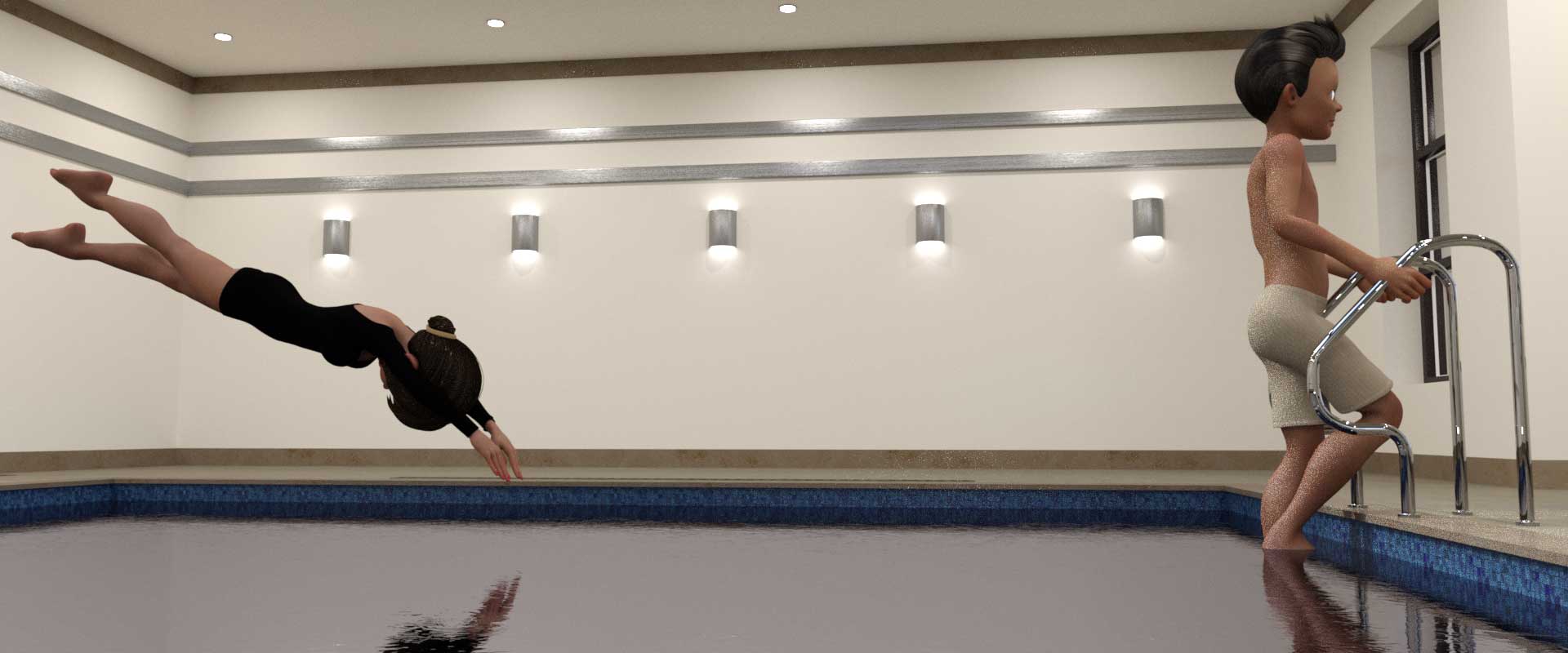
The history of British Swimming is long and complex, but one thing is for sure - the organisation has had its ups and downs. This article focuses on the events that have shaped the BSA over the years, from its inception in 1873 to today. We’ll explore how it all began, and where it might be going tomorrow.
The British Swimming Association has existed now for 145 years, making it one of the oldest swimming federations in the world. This longevity is impressive, but it’s hard to say how much longer the BSA will survive.
The BSA was originally established in 1873, when it was known as the British Swimming Society. The society was a loose coalition of sporting clubs, which in 1876 became the British Swimming Association under the chairmanship of Sir William Gull.
The association was founded to promote competitive swimming, and to this day remains one of the UK’s most important sporting organisations. To this day, the BSA still oversees competitive swimming, with the aim of increasing participation in the sport and raising standards. It has grown and changed over the years, but at it's core it remains one of the UK’s most important sporting organisations.
The BSA is also a founding member of FINA and the LEN. This means that the organisation has been at the forefront of swimming all over the world, taking part in the Olympics and setting the standards for the sport. The BSA has also been a pioneer of the technique that we now call freestyle swimming.
In the late 1800s, the association was also a founding member of Swimming Clubs Ltd, which laid the foundations for the modern British Swimming League.
The history of FINA and the LEN is long and complicated, but it all stems from a desire for a single governing body for the swimming world. This was motivated by the desire to standardise the sport and make it more accessible to more people.
At its height, the British Swimming Association was certainly one of the largest sporting organisations in the UK. This was no mean feat, considering that the association was only founded in 1873.
Swimming had been around for centuries, and was an extremely popular sport. The association was also responsible for governing water sports in the UK, including water polo, canoeing and rowing. This was a vast area of responsibility, with much room for disagreements, and unsurprisingly the BSA often wasn’t hugely popular with the public.
As a result, the BSA was often subject to very negative press, with stories of corruption, mismanagement and cronyism. The association’s size kicked into a decline in the late 1980s, but there have been signs of a return to form in recent years, as the association has made several changes to its administration.
The BSA has had its disagreements with other organisations, including swimming clubs and specialist disability swimming clubs. The association has also had disagreements within itself, with members of the public and the press.
There have been serious scandals in the past, with accusations of cronyism and mismanagement. The association has also been the subject of criticism for its treatment of disabled athletes, and for its lack of transparency in decision-making.
In response to these criticisms, the BSA has been making a concerted effort to improve its transparency and show it is fair and open to all. These efforts have been ongoing, but there have been signs of improvement in recent times, with the BSA securing a number of reforms to its constitution.
The majority of the British Swimming Association’s members are young swimmers, aged between six and eighteen. It sits in the middle of a very exciting period in UK swimming. The Olympics is a huge thing for swimming, with the public and press spending huge amounts of time analysing events and praising the swimmers’ technique. The Olympics is also a crucial time for British Swimming, as it contributes funding to the association, together with other organisations.
As with any sport, it’s hard to say whether British Swimming will survive the next few years, but it certainly has a lot going for it. Plenty of people are swimming, with a number of new swimming clubs springing up in recent years.
There’s also the support of the British public, who love swimming. British Swimming has a lot going for it, and as long as people are swimming, there will probably be a strong British Swimming Association.
The BSA faces several challenges as it looks towards the future. The first is how to make swimming even more popular, particularly among the young.
The association has long focused on developing elite swimmers, but needs to find a way to attract swimmers at all levels. It also needs to find a way to improve the technical standards of competitive swimming, as these have declined in recent years.
The BSA could also do more to promote the non-competitive benefits of swimming, such as improved fitness and injury prevention. The association could also do more to promote water safety, particularly among children. Finally they could also do more to promote healthy eating and exercise, with potential benefits for both competitive and non-competitive swimmers.
Looking forward, the challenges for British Swimming are clear. Swimming is an extremely popular sport, and is becoming more popular all the time. The association needs to find a way to make this popularity even greater, particularly among the young.
Technical standards in competitive swimming are also very important, as they need to be high enough to attract a high-quality field of swimmers. The association needs to work hard to improve these standards, while also promoting the non-competitive benefits of swimming.
Another important challenge is making water safety even more important in the UK.
All of these challenges are important for the future of British Swimming, and the association needs to make progress on all of them.